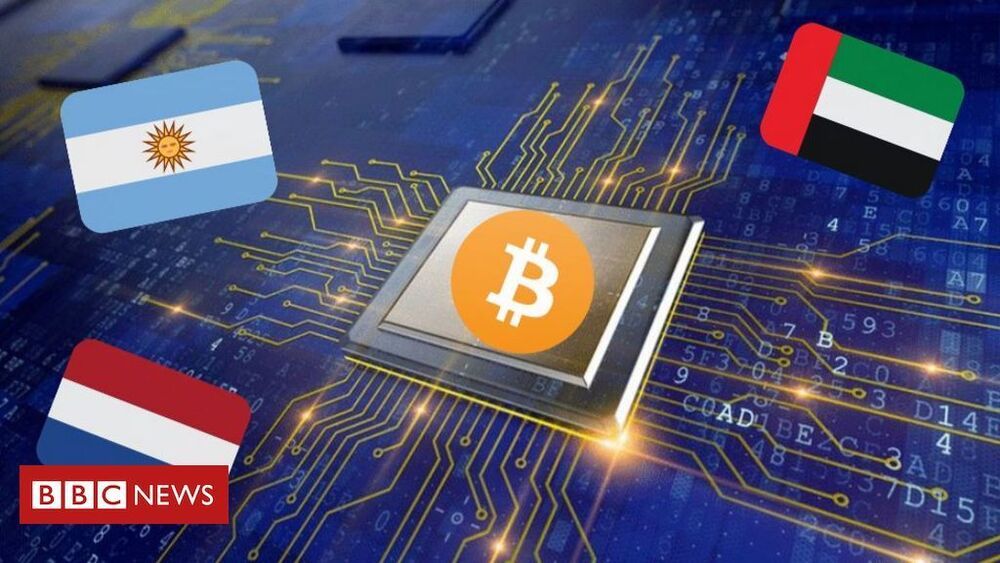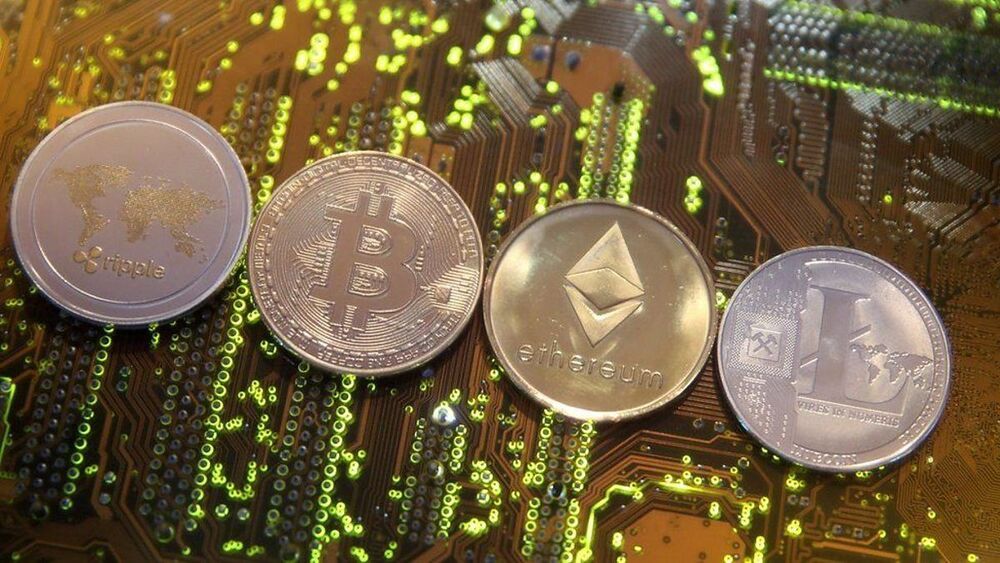Billionaire CEO Elon Musk said on Saturday the price of bitcoin and ethereum seemed high, at a time when the cryptocurrencies have hit record highs, with bitcoin crossing the $1 trillion market-capitalization threshold.




Dogecoin may have started as a joke, but one of its holders is sitting on some serious dough.
A single cryptocurrency account contains about $2 billion worth of the meme-inspired coin whose price has been pumped up by celebrities such as Elon Musk, Snoop Dogg and Gene Simmons.
The account holds about 36.8 billion dogecoins — a massive stash that accounts for more than 28 percent of all the coins currently in circulation, according to cryptocurrency data website Bitinfocharts.

CARSON CITY, Nev. (AP) — In the Nevada desert, a cryptocurrency magnate hopes to turn dreams of a futuristic “smart city” into reality. To do that, he’s asking the state to let companies like his form local governments on land they own, which would grant them power over everything from schools to law enforcement.
Jeffrey Berns, CEO of Nevada-based Blockchains LLC, envisions a city where people not only purchase goods and services with digital currency but also log their entire online footprint — financial statements, medical records and personal data — on blockchain. Blockchain is a digital ledger known mostly for recording cryptocurrency transactions but also has been adopted by some local governments for everything from documenting marriage licenses to facilitating elections.
The company wants to break ground by 2022 in rural Storey County, 12 miles (19 kilometers) east of Reno. It’s proposing to build 15000 homes and 33 million square feet (3 million square meters) of commercial and industrial space within 75 years. Berns, whose idea is the basis for draft legislation that some lawmakers saw behind closed doors last week, said traditional government doesn’t offer enough flexibility to create a community where people can invent new uses for this technology.






“Considering the whole industry is still in its preliminary stage, BSN has a long way to go,” Liu said. “It’s expensive to build a blockchain. Different platforms have different structures. Data are not interchangeable. Relevant projects are hard to promote. These problems have yet to be addressed by BSN.”
Last year was a big year for blockchain projects in China after President Xi Jinping called for further development of the technology at the end of 2019, but the country continues to shun cryptocurrencies like bitcoin.